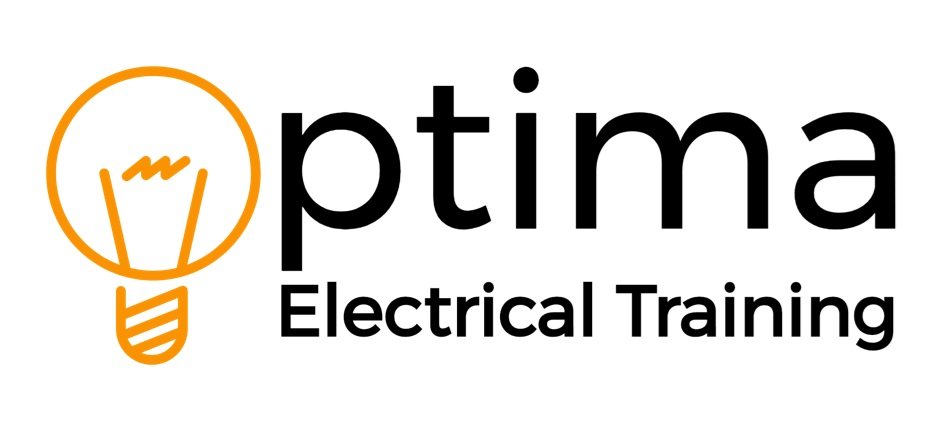Electrical Safety in the UK: What You Need to Know
Electrical safety is the practice of preventing and reducing the risk of electric shock, fire, explosion, or injury caused by electricity. Electricity can be dangerous if not handled properly, and can cause serious harm to people, animals, and property. Therefore, it is important to follow the electrical safety regulations and standards that apply in the UK.
The Electricity at Work Regulations 1989
The Electricity at Work Regulations 1989 (EAWR) are the main legal framework for electrical safety in the UK. They apply to all work activities involving electricity, such as installation, maintenance, repair, testing, and use of electrical equipment and systems1. The EAWR require that:
All electrical systems and equipment are constructed, installed, maintained, and operated in such a way as to prevent danger.
All electrical work is carried out by competent persons who have the necessary skills, knowledge, and experience.
All electrical equipment is suitable for its intended purpose and environment, and is adequately protected from external influences.
All electrical equipment is regularly inspected and tested to ensure its safety and functionality.
All electrical accidents and incidents are reported and investigated.
The EAWR are enforced by the Health and Safety Executive (HSE), which can issue improvement notices, prohibition notices, or prosecution for non-compliance.
The Electrical Equipment (Safety) Regulations 2016
The Electrical Equipment (Safety) Regulations 2016 (EESR) are the specific regulations for electrical equipment that is designed or adapted for use between 50 and 1,000 volts (in the case of alternating current) and 75 and 1,500 volts (in the case of direct current)2. The EESR apply to all electrical equipment that is placed on the market in Great Britain3. The EESR require that:
All electrical equipment meets the principal elements of the safety objectives, which are set out in Schedule 1 to the Regulations. These include protection against electric shock, protection against fire and overheating, protection against mechanical hazards, protection against radiation and chemical hazards, and marking and instructions.
All electrical equipment undergoes a relevant conformity assessment procedure and has technical documentation to demonstrate its compliance with the safety objectives.
All electrical equipment has a declaration of conformity and a UKCA marking affixed to it4.
All electrical equipment is traceable to its manufacturer or importer.
The EESR are enforced by the Office for Product Safety and Standards (OPSS), which can issue compliance notices, suspension notices, recall notices, or prosecution for non-compliance.
Other Relevant Regulations and Standards
In addition to the EAWR and the EESR, there are other regulations and standards that relate to specific aspects of electrical safety in the UK. Some of these include:
The Supply of Machinery (Safety) Regulations 1992 (SMSR), which cover the safety requirements for machinery that incorporates electrical components or systems5.
The Provision and Use of Work Equipment Regulations 1998 (PUWER), which cover the suitability, maintenance, inspection, and training for work equipment that uses electricity.
The Reporting of Injuries, Diseases and Dangerous Occurrences Regulations 2013 (RIDDOR), which require employers to report certain types of electrical accidents and incidents to the HSE.
The Electricity Safety Quality Continuity Regulations 2002 (ESQCR), which cover the safety and quality of electricity supply by network operators.
The BS 7671:2018 Requirements for Electrical Installations (also known as the Wiring Regulations), which provide the technical standards for electrical installation work in buildings.
The BS EN 60204-1:2018 Safety of Machinery - Electrical Equipment of Machines (also known as the Machinery Directive), which provide the technical standards for electrical equipment of machines.
Conclusion
Electrical safety is a vital aspect of ensuring a safe and healthy working environment. By following the electrical safety regulations and standards that apply in the UK, you can protect yourself and others from the potential hazards of electricity. If you have any questions or concerns about electrical safety in your workplace, you should consult a qualified electrician or contact the relevant authority. Remember: electricity can kill or injure if not used correctly.


